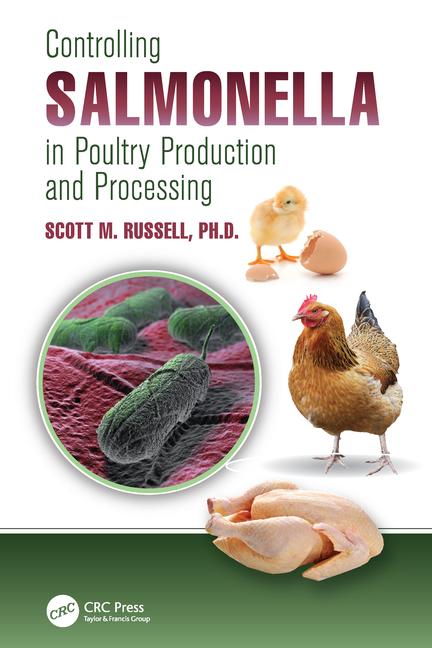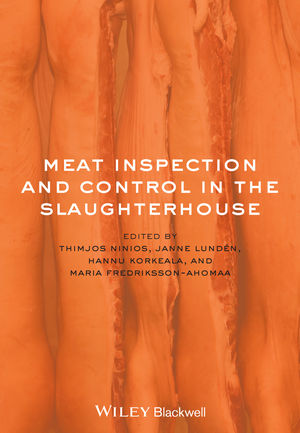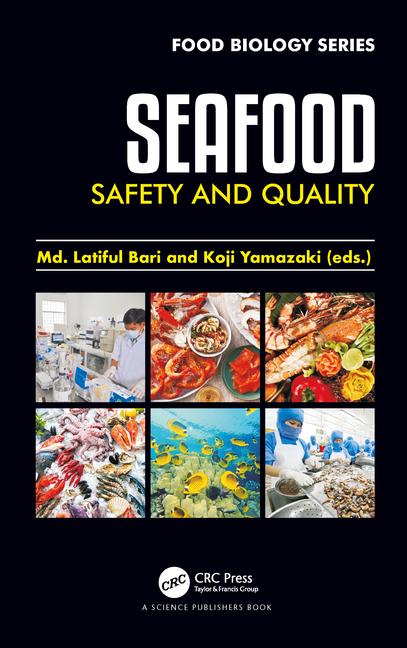Is pathogen persistance plummeting?

When it comes to pathogen control in raw beef products, a lot has changed over the past 20 years. Since 2000, there have been nearly 250 recalls of beef products for the presence of E. coli O157:H7. The majority of those recalls (203) occurred prior to 2012 when there was a high number of foodborne illness outbreaks caused by E. coli O157:H7 contamination in ground beef products. Indeed, 2007 is aptly referred to as the Year of the Recall, during which 22 recalls involving approximately 35 million pounds of ground beef were announced because of the presence of E. coli O157:H7. Many of those recalls were triggered because the products at issue caused high-profile foodborne illness outbreaks.
In 2008, to combat the trend of outbreaks and recalls caused by E. coli O157:H7, FSIS began testing raw trim as well as ground beef for the presence of the pathogens. This led to additional industry awareness and trim testing, as well as the advent of more robust “High Event Period” programs, where trim that tested negative would also be diverted to cooking when there were high levels of contemporaneous positive findings. Some companies even began to cast a wider net, diverting multiple combos of trim which tested negative when a single combo tested positive.
Coupled with improved interventions and dressing procedures, these collective efforts led to a substantial decrease in the numbers of outbreaks and recalls. By 2012, the number of recalls for E. coli O157:H7 in beef products dropped to only five. In the nearly 10-year period between 2012 and 2021, there were 48 recalls caused by E. coli O157:H7, with only one in 2020 and two in 2021. Notably, one of the two recalls in 2021 involved boneless beef from Australia. Overall, the beef industry has done and continues to do, a phenomenal job with pathogen control.
With respect to Salmonella, which is not a per se adulterant in ground beef, the industry has also done a respectable job. Since the year 2000, there have been only nine recalls due to the presence of Salmonella in raw ground beef products. Notably, all of those recalls were announced by the companies involved because of a reported association between the products and reports of foodborne illness. There were not any outbreaks or recalls associated with beef products in 2020 or 2021.
Moving forward, I suspect that the numbers and types of outbreaks associated with raw beef products will continue to remain at very low numbers. The beef industry deserves a pat on the back and should keep up the great work in the never-ending Fight for Food Safety.
Looking for a reprint of this article?
From high-res PDFs to custom plaques, order your copy today!









